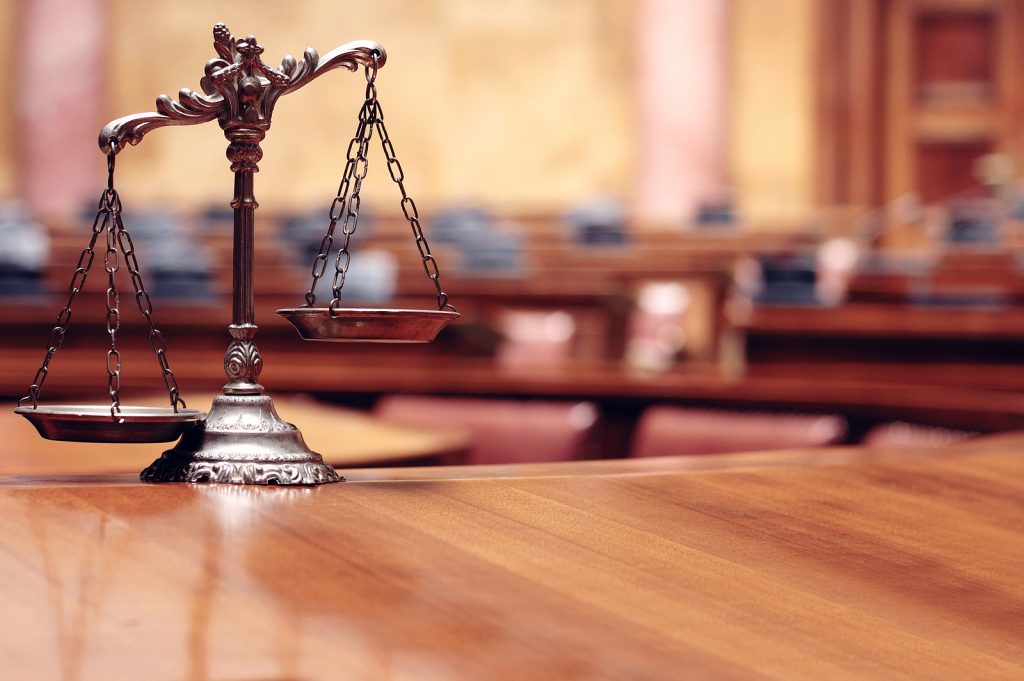Have You Been Injured in a Snowmobile Accident?
All Terrain Vehicles and Snowmobiles are very popular here in Atlantic Canada. But ATVing or snowmobiling carries unusual risks and can also be quite dangerous if you aren’t properly trained or if the trails you are using aren’t properly groomed. If you’re injured in an ATV or snowmobile accident that is not your fault, in many cases, you’ll qualify to recover compensation, but you’ll need help from a Halifax ATV and snowmobile accident lawyer.
ATV and snowmobile accidents can happen for a number of reasons, including distracted and intoxicated driving, collisions with other ATVers or snowmobiles and other vehicles, defective ATVs or snowmobiles and snowmobile parts, obstacles on trails, and defective trail conditions.
An increasing number of ATVs and snowmobiles are operating on Nova Scotia’s ATV and snowmobile trails. The ATV Association of Nova Scotia maintains a database of trails on Crown land and private property that are open for recreational use. Those trails must be kept smooth so that traffic may flow freely. Those who operate ATV and snowmobile trails must keep their trails safe for ATV traffic whenever those trails are in use.
What Are the Important Snowmobile Statistics?
More than 600,000 snowmobiles are registered in Canada. According to the CBC, more than one hundred people have lost their lives in ATV and snowmobile accidents in Canada’s Atlantic region since 2018. Thousands have been seriously injured.
According to the Nova Scotia Department of Natural Resources there are 7,600 registered snowmobiles and an astonishing 44,000 ATVs registered for off road use in Nova Scotia.
Most snowmobiles can exceed one hundred miles per hour, but even at a low speed, you could be severely injured – or worse – in a snowmobile accident.
In Nova Scotia, you may operate a snowmobile if you’re over 16 years old and have a driver’s license. However, if you use a snowmobile on private property that you do not own or occupy, the law requires you to carry a minimum of $500,000 in third-party liability insurance coverage.
Nova Scotia has determined Nova Scotians 6 years-of-age and older may operate an OHV (Off-Highway Vehicle) which includes trail motorcycles and ATVs, however specific conditions must be met particularly around safety training, riders under 16 years-of-age, and for OHV rallies.
Who is Responsible for Grooming ATV and Snowmobile Trails?
Most ATV and snowmobilers are aware that their sport carries risks. ATVers and Snowmobilers are exposed to the elements. They travel over snow-covered hills, rocks, and rugged terrain. Trails may include tight turns, fences, signs, and paths that intersect streets or rail tracks.
If a trail has not been properly groomed by the property owner or by the group that maintains the trail, that property owner or group may be held liable for any injuries that are the result of negligent trail grooming.
Many ATV and snowmobile trails in Nova Scotia are maintained by ATV or snowmobile clubs that have the permission of property owners to use their properties. As part of such agreements, these clubs take responsibility for the grooming of ATV trails.
What Does ATV Snowmobile Trail Grooming Entail?
Grooming is the process of moving, compacting, flattening, or rototilling the snow on a trail. It also includes the removal of ruts, rocks, holes, and debris. An ungroomed or negligently groomed trail is an accident waiting to happen.
ATV and Snowmobile liability insurance is imperative for the operators of ATV or snowmobile trails as well as for ATV and snowmobile owners. The right liability insurance can protect drivers, passengers and trail operators when injury and insurance claims are filed after accidents that result in serious injuries or death.
What Should You Do After an ATV Snowmobile Accident?
When an ATV or snowmobile accident happens, take the same measures you would take after any vehicle accident. Seek medical help immediately for yourself and for anyone else who has been injured. If another vehicle was involved, get the driver’s personal contact and vehicle insurance details.
Take photos, if possible, of the damage to your ATV and snowmobile, any other vehicle that is involved, and your own visible injuries. If you believe the accident happened because the trail was improperly maintained, take photos of the trail and the area surrounding the accident.
After you’ve been seen by a medical provider and treated for your injury or injuries, contact a Nova Scotia ATV snowmobile accident lawyer at once to discuss your right to compensation. Of course, if you were the negligent party in the accident, you will not have a personal injury claim.
What Steps Will Your Lawyer Take?
If you are injured in a snowmobile accident because another party was negligent, your lawyer’s first step will be determining which party has liability. Liability could be assigned to the operator of the vehicle that crashed into you, a manufacturer who produced a defective ATV snowmobile or snowmobile part, or the snowmobile club or property owner responsible for grooming the trail.
When the liable party is identified, your lawyer will seek to negotiate an out-of-court settlement. That settlement should cover your medical costs, lost wages, and related losses and damages. However, if liability for the accident is disputed, or if no reasonable settlement amount is offered in private negotiations, your Halifax snowmobile accident lawyer will take your claim to court.
At a trial, your lawyer will explain exactly how the defendant in the case was negligent, how (and how severely) you were injured, and why you are entitled to compensation for your medical expenses, lost wages, and other damages.
When Should You Take Legal Action? How Much Will Justice Cost?
Nova Scotia’s Limitation of Actions Act sets a two-year limit for filing a personal injury lawsuit, but do not wait two years after an ATV snowmobile accident to speak with a Nova Scotia ATV snowmobile accident lawyer.
Your lawyer needs to see the evidence in the case and speak to any witnesses as quickly as possible. Over time, the evidence in these cases can be contaminated, lost, or even destroyed, and if there were witnesses, their memories will start to fade.
The good news is that it costs nothing to exercise your rights and begin the legal process. You will pay no upfront fee to a personal injury lawyer, and you’ll owe no lawyer’s fee until your lawyer recovers your compensation at trial or through out-of-court negotiations.
At McKiggan Hebert Lawyers, We Fight for Injured Snowmobilers’ Rights
How can you locate a personal injury lawyer with the experience and skills to prevail on your behalf when you file a snowmobile accident claim? For over a decade, McKiggan Hebert has been fighting for the injured victims of negligence in Nova Scotia and throughout Canada.
Canadian Lawyer magazine named McKiggan Hebert Lawyers as one of Canada’s top ten personal injury law firms. Our award-winning legal team has established a reputation for extraordinary client service and legal excellence.
If we handle your snowmobile accident claim, you pay no lawyer’s fee to McKiggan Hebert unless and until we recover your compensation. Learn more about your rights after a snowmobile accident – or begin the legal process now – and call McKiggan Hebert Lawyers at 902-706-2298 to schedule an in-depth, no-cost case evaluation with no obligation.










